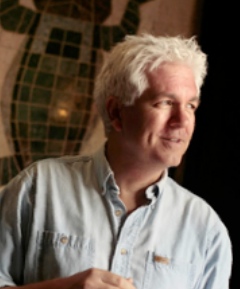 A half-century ago, a noted business journalist made some incredibly accurate predictions about the future. W.M. Kiplinger, first editor-in-chief of the “Kiplinger Letter,” forecast future events in the form of a December 1963 letter to his grandsons.
A half-century ago, a noted business journalist made some incredibly accurate predictions about the future. W.M. Kiplinger, first editor-in-chief of the “Kiplinger Letter,” forecast future events in the form of a December 1963 letter to his grandsons.
Kiplinger predicted trends that were likely to occur during their lifetimes, outlining sweeping developments in demographics, economics, politics, and technology. Space does not permit a full discussion of the lengthy letter. But we can look at some of the things he got right and the few he got wrong.
First, he correctly predicted there would be no nuclear or world war in his grandsons’ lifetimes. But he cautioned there would be scattered wars in a turmoil-filled world without much stability.
He also told them they would be more prosperous than their predecessors, but their lives would not be easy. They would face new and tough challenges and problems, including the ravages of inflation.
The past five decades have witnessed several of Kiplinger’s predictions about household items come true. Kiplinger wrote of new gadgets such as microwave ovens, plastic plumbing, large-screen TVs, irradiated foods, and telephones that can be carried in one’s pocket.
He also predicted that his grandsons would experience global television that extended throughout the world as well as mass selling via television. In addition, he foresaw automated factories with the widespread use of robotics in manufacturing.
Kiplinger predicted more women would be involved in business and other facets of life that were once the domain of men. He foresaw large numbers of married women taking jobs outside the home.
In advising his grandsons on career choices, he forecast a shift from manufacturing and production jobs to those in the services sectors. He advised that greatest employment opportunities would occur in services.
A final bit of sage advice dealt with the need for his grandsons to develop flexibility in their thinking. This would be necessitated by the rapid rate of change that would occur in their lifetimes.
His largest “miss” was predicting self-guiding cars and passenger jets that can span the oceans and continents in 90 minutes. The former is not quite here yet, and the latter is not expected any time soon.
Fifty years later, Kiplinger’s predictions are astonishing!
Wayne Curtis, Ph.D., is a former superintendent of Alabama banks and Troy University business school dean. He is retired from the board of directors of First United Security Bank. Email him at wccurtis39@gmail.com.




